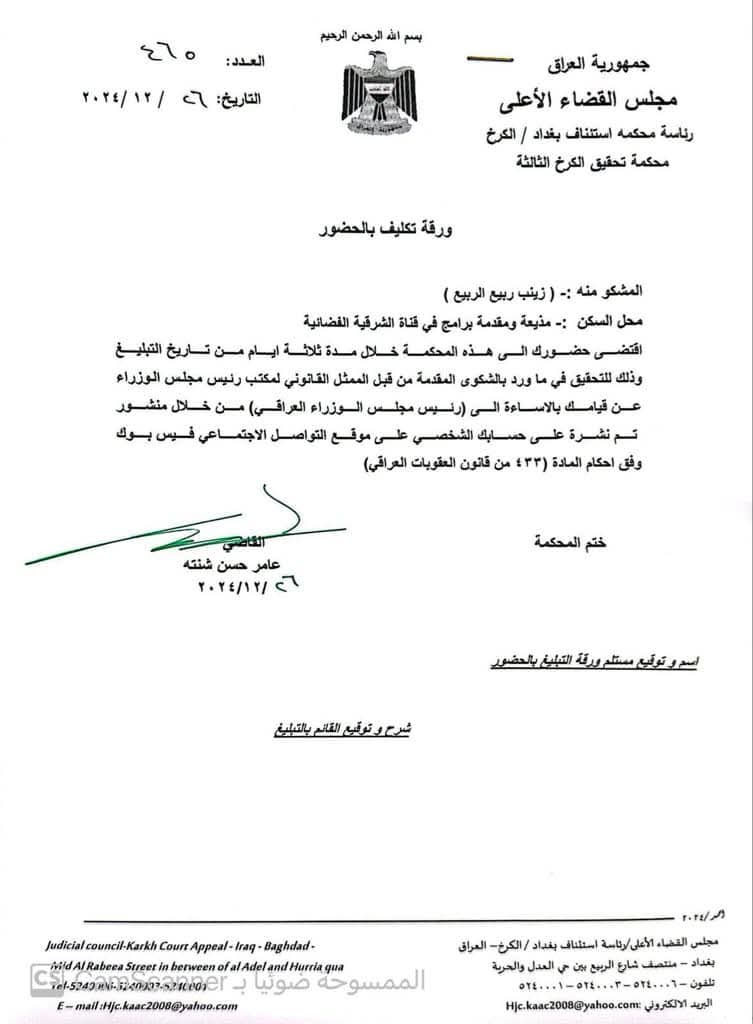Iraq's Financial and Banking Reforms Progress in 2024
Iraq's Prime Minister, Mohammed Shia Al-Sudani, has highlighted the significant strides made by his government in the financial and banking reform sector. During a meeting with US Deputy Treasury Secretary Wally Adeyemo and several Treasury officials, Al-Sudani emphasized that the government has achieved substantial progress in these reforms, with 95% of banking transfers now being conducted through an electronic platform. The remaining 5% is expected to be completed by the end of the year.
Following this milestone, Iraq will transition to a correspondent banking system, aligning with the government's commitment to enhancing the capacity of Iraqi banks to meet global standards and foster a thriving investment environment.
Adeyemo praised Iraq's rapid progress in economic and banking reforms, noting the country's 6% economic growth rate, which complements the government's development efforts. He expressed the readiness of the US Treasury for cooperation and partnership to further advance Iraq's economic development.
Challenges and Future Directions
Despite these advancements, Iraq still faces challenges in diversifying its economy and modernizing its financial and banking sectors, which are hampered by the country's political dynamics. Oil remains the primary source of revenue, and the private sector and foreign direct investments (FDIs) remain weak.
The World Bank has been working closely with Iraq to support economic reforms, with a focus on stabilizing the economy, improving governance, and rebuilding livelihoods. The World Bank identified an error in the reporting of Iraq's debt data for 2022, correcting the debt-to-GDP ratio from 53.8% to 40.8%.
The International Monetary Fund (IMF) has also recognized the need for Iraq to reduce its oil dependence and ensure fiscal sustainability. The IMF suggests a significant fiscal adjustment, focusing on controlling the public wage bill and increasing non-oil tax revenues. Additionally, enabling private sector development, labor market reforms, modernization of the financial sector, and restructuring of state-owned banks are recommended to boost economic growth.
Conclusion
Iraq's financial and banking reforms have seen significant progress under Prime Minister Al-Sudani's leadership, with substantial support from the US Treasury. However, challenges remain in terms of economic diversification and fiscal sustainability. The World Bank and IMF's recommendations underscore the need for continued reform efforts to strengthen the banking sector, control public spending, and increase non-oil revenues.
%2010.25.41%E2%80%AFa.%C2%A0m..png)
